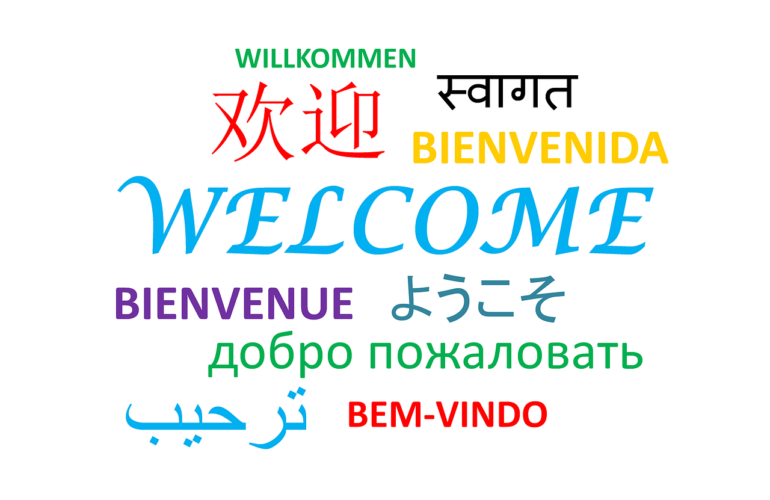A while back we talked about the most popular fake languages available today and that some people are actually learning to use them in everyday communication. As we discovered in that article (which you can read here), fake languages are usually created for books and movies, to immerse the readers/viewers into the story.
But how do authors and movie makers manage to create languages that don’t sound fake? And could anyone of us do it?
As it turns out, it takes a bit of imagination and some study, but yes, almost anyone could come up with a whole new language. Here’s how:
Build a Vocabulary
At the very base of each language is the vocabulary (the words that describe things, beings, emotions, and so on). These words are made up of letters, which correspond to a specific sound when spoken. It’s just like when you learn a new language; you learn how to speak and write the letters and how they are combined to form words.
Start by making up words for the main pronouns (I, he, she, and so on) and then decide on the pronunciation for each. Would words be pronounced as you write them or are there any special sounds that change according to their position in the sentence or word?
Just as an example, if you were to say “he” in Sindarin (the language invented by J.R.R Tolkien), you would use the word “hon”. On the other hand, to say “she” in Dothraki (one of the languages in Game of Thrones) you would say “anna”.
Make a Dictionary
Use your native language to translate the words you created. This way, it will be easier to keep track of everything. The dictionary should contain all sorts of words such as pronouns, verbs, subjects, prepositions, and so on.
Create Grammar Rules
Grammar is the backbone of every language as it defines how to use types of words (verbs, nouns, prepositions) in order to create sentences and communicate your thoughts.
For this, you can borrow the grammatical rules from a language you know, you can combine several languages and get a new set of rules or you can create your very own. Still, the number one reason why only several fake languages are popular nowadays is the fact that they sound and look like real ones.
This means they make use of specific grammar rules and their sentences use long and short words in a proportion that looks realistic. Overall, it’s important to create a language that flows and feels easy to roll down the tongue.
Wrap Up
As translators, we are passionate about all things language which is why we’re interested in all types of spoken and written communications. Still, the passion for fake languages is something we keep on the side, so we won’t be able to help you out with a translation from Sindarin to English or vice versa.
